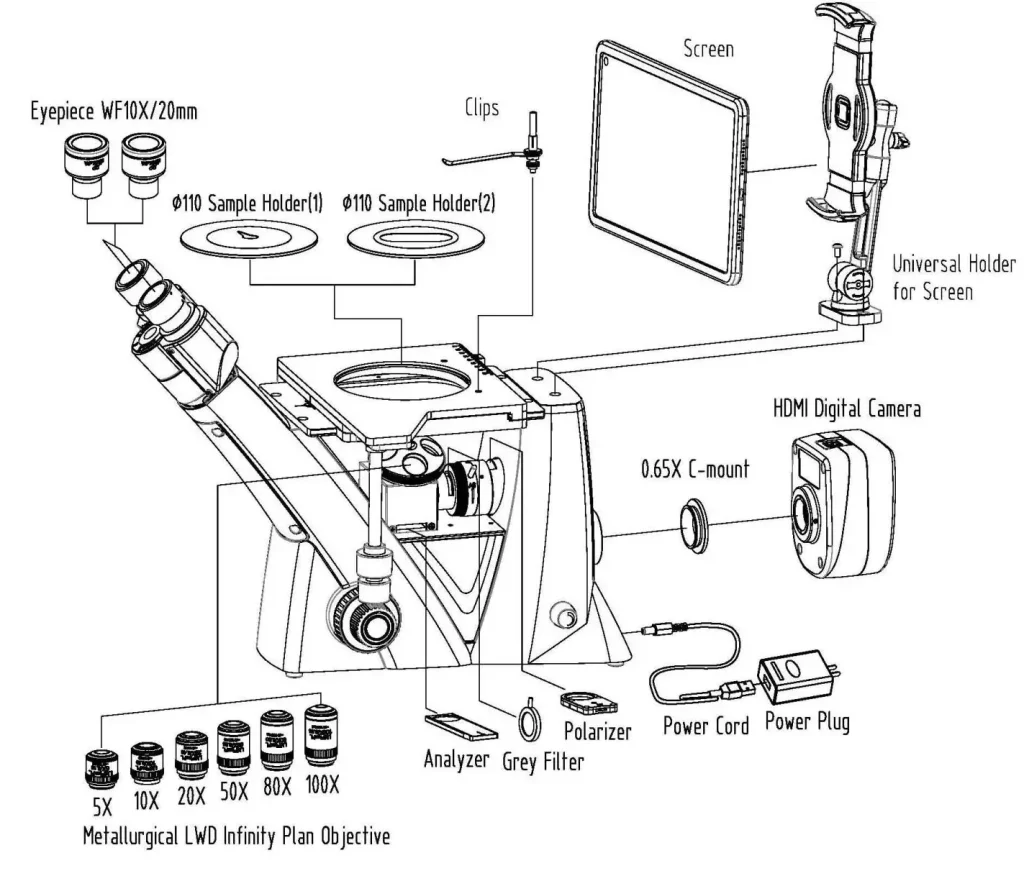This website uses cookies so that we can provide you with the best user experience possible. Cookie information is stored in your browser and performs functions such as recognising you when you return to our website and helping our team to understand which sections of the website you find most interesting and useful.
What Is the Magnification Range of a Metallurgical Microscope?
What Is the Magnification Range of a Metallurgical Microscope?
What Is the Magnification Range of a Metallurgical Microscope?
What Is the Magnification Range of a Metallurgical Microscope?
What Is the Magnification Range of a Metallurgical Microscope?
Which Microscope Do Jewellers Use?
Choosing the right laboratory microscope can be overwhelming. With countless models, configurations, and features available, from biological microscopes to digital microscopes for laboratory use, it’s easy to get lost. Whether you are a school lab manager, a research scientist, or a clinical laboratory professional, the key is to identify your needs first. At Scopelab, we help you…
What Procedures Can Be Practiced on Medical Manikins?
What Procedures Can Be Practiced on Medical Manikins?
As one of the suppliers of optical instruments, we frequently encounter a core dilemma faced by educational procurement officers: Should we choose a monocular or binocular microscope? At the heart of this discussion lies the tension between budgetary constraints and the commitment to delivering a superior teaching experience. Is a binocular microscope merely a luxury,…
As life science research continues to advance, cell culture techniques have rapidly evolved from traditional 2D monolayer cultures to more complex 3D models (such as organoids and spheroids). These 3D models more realistically mimic the in vivo microenvironment and hold great promise for drug screening, disease modeling, and regenerative medicine. However, these advancements in culture technology…
What is the best microscope to see bacteria?
2019 Chongqing Scope Instrument Co., Ltd. All Rights Reserved














